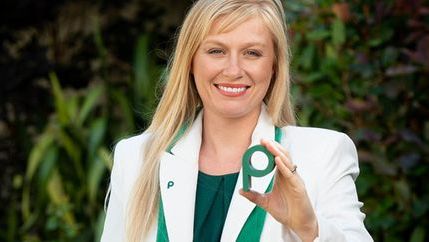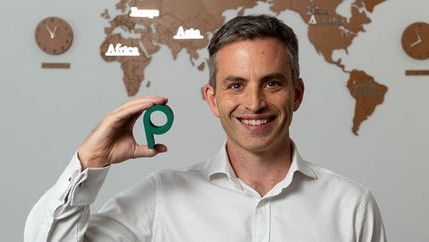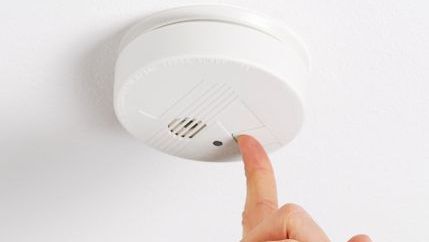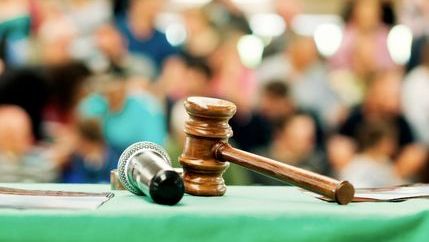Buying and selling property
We want to help make everyone's property purchase go as smooth as possible. Our guides provide an insight into the whole process whether looking to get on the property ladder, choosing a solicitor or overcoming financial hurdles.
Tenant guides
Our guides provide tips covering a wide range of topics that tenants might uncover whilst renting in the UK. We're here to help tenants understand their responsibilities and what they are entitled to throughout their tenancy.
Landlord guides
There are a number of important factors to consider for anyone thinking about letting their property. From practical advice to legal responsibilities, our guides are here to help.
Featured guides
How to make an offer on a house
Buying a house is a big step and can be quite daunting, that's why we’ve put together some tips to help make the whole process that bit smoother.
Safety responsibilities for landlords
To help you get to grips with what’s expected, we have outlined the main safety concerns you need to be aware of and the legal obligations you must adhere to.
Buying a property at auction: 13 Things you need to know
Auctions are a great way to avoid lengthy or uncertain buying procedures and bag yourself a bargain. We've highlighted essential points to consider.
How to rent a home: the key things you should know
If you're not used to renting it can feel overwhelming with a lot to remember for a smooth tenancy. Our complete guide will give you a headstart by advising what to look out for and what questions to consider throughout the process.

















